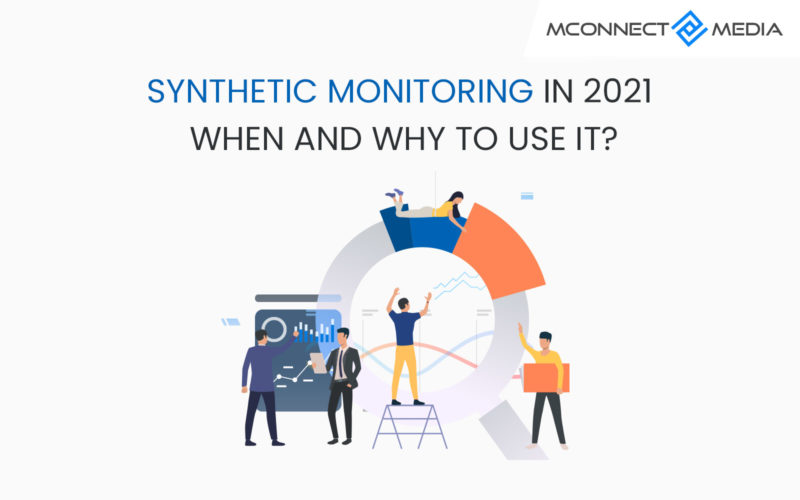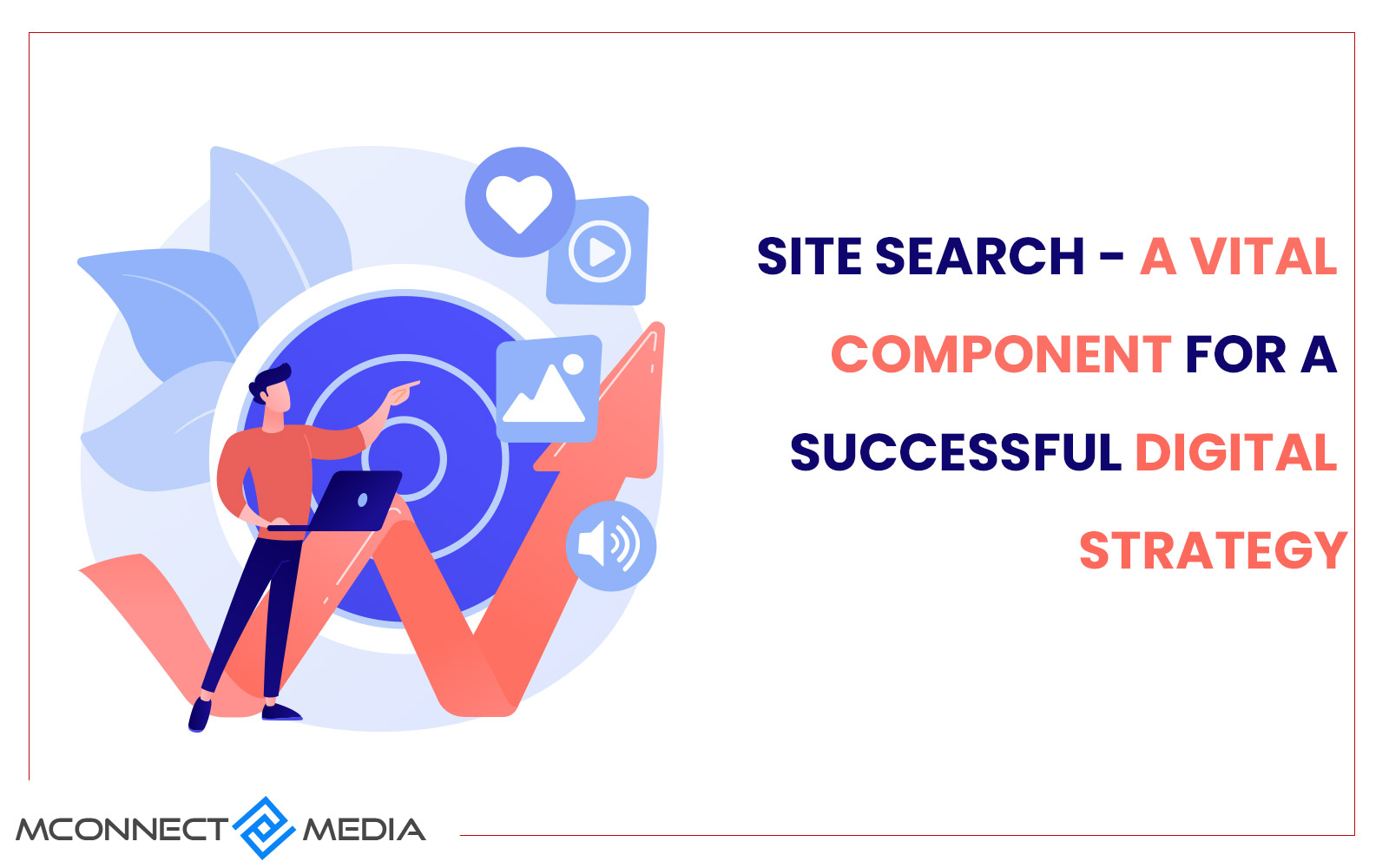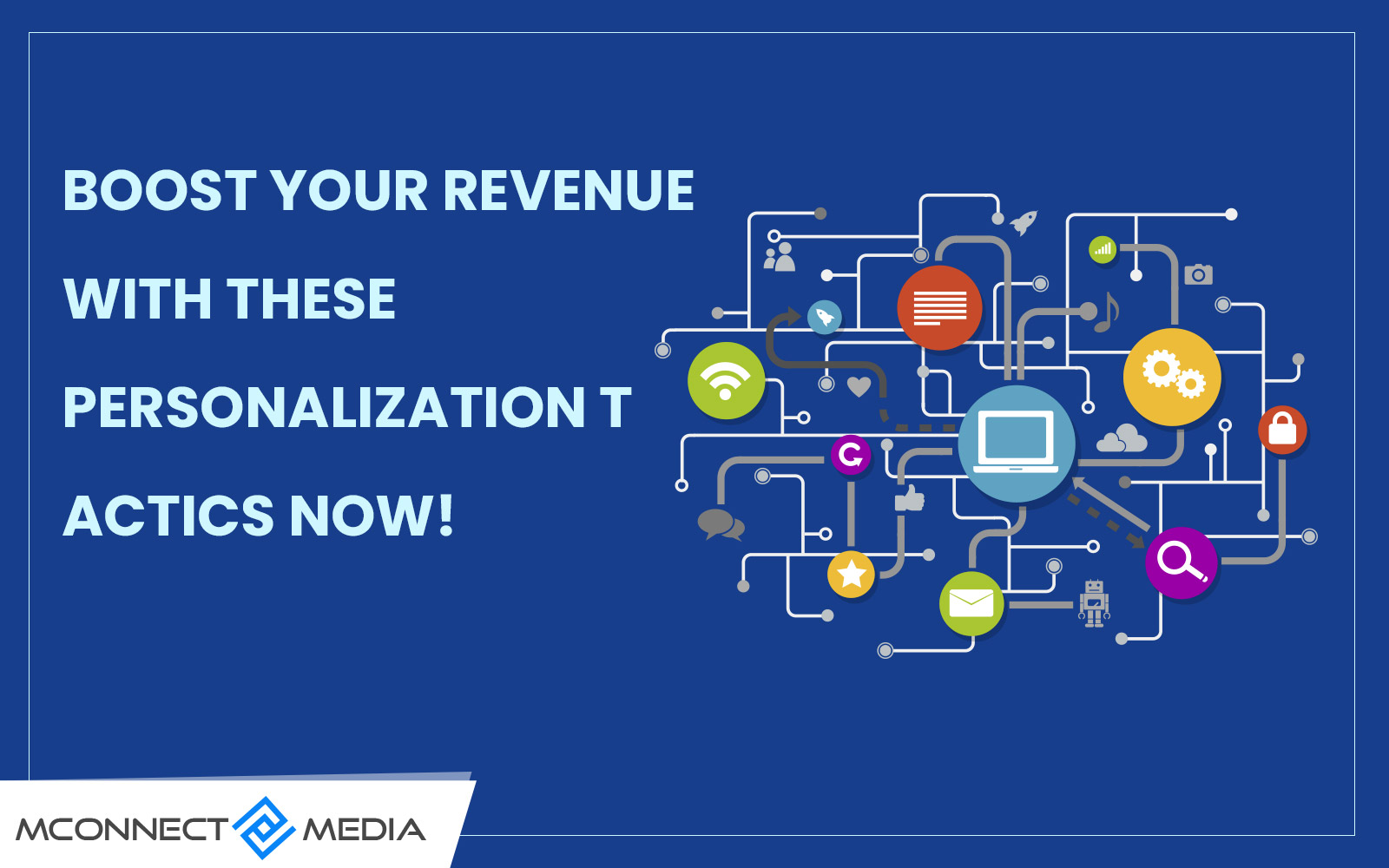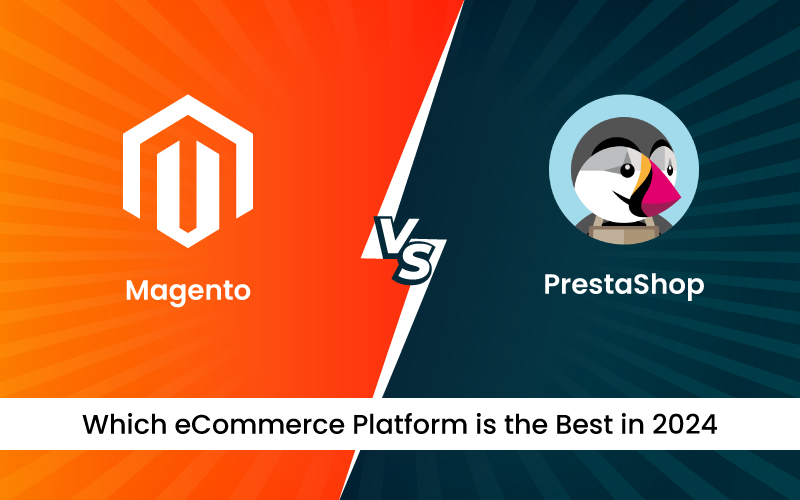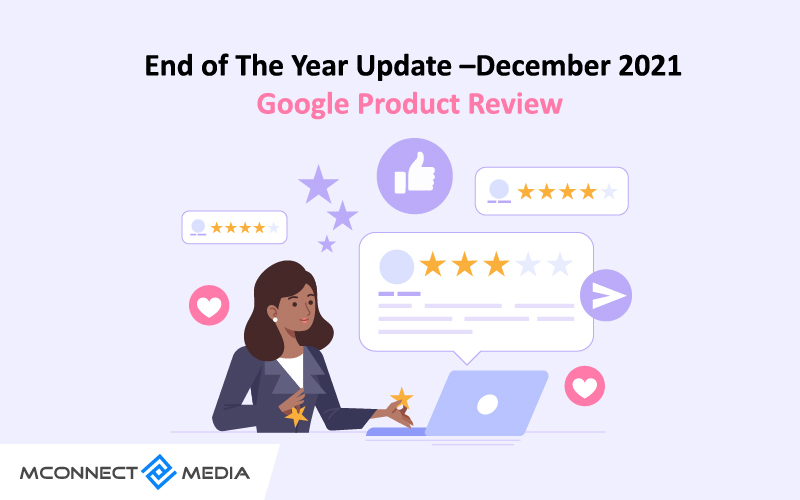Growth is easy to see, but it is difficult to comprehend where improvements need to be made, isn’t it? The only things we care about are good things. However, it can be extremely costly in business.
When you want your eCommerce store or site to drive conversions and reduce bounce rate, this is the only way to do it. By adopting new strategies to analyze your site’s behavior, we can identify and fix problems as soon as possible. Monitoring has many types, but here we will talk about an individual type called synthetic monitoring.
The web is growing rapidly, and in today’s world, you are more than likely reliant on your website to provide a wonderful experience to your customers, irrespective of your industry or size of company. Although we know that websites are not like other technologies that are implemented once and forgotten.
Your websites, APIs, and applications could be affected by any number of issues, such as software bugs, hosting issues, third-party plugins, or worse yet, and an attack by hackers. Any of these issues can exacerbate user frustration and harm the bottom line of your organization. It is important for your website to be monitored proactively to make sure that it is functioning properly.
That’s when synthetic monitoring comes to the picture! It help you keep track of your assets automatically. So, what is synthetic monitoring?
What is Synthetic Monitoring?
A synthetic monitoring method uses simulated paths through an application to track the performance of a business website or web application. Basically, this is a way to monitor web applications by using web browser emulation without interrupting the operation of your website. The use of synthetic monitoring tools is used to identify and resolve performance and availability issues with web applications located across the globe.
We just defined synthetic monitoring. Now let’s talk about why it is important for your business and why you should focus. The major benefit of synthetic monitoring is its synthetic nature. Having nothing to do with actual users opens up many opportunities that wouldn’t be possible otherwise.
With synthetic monitoring, you can exercise critical paths on your website in the testing process, something you cannot do with monitoring based on real users. By doing so, you can ensure that site navigation, checkout processes, and login processes work as intended.
Moreover, synthetic monitoring can also allow you to verify whether the website will be able to handle the growth in traffic. Consider the holiday season or black Friday for an eCommerce site. We can also think of Christmas and promotion sales as examples. When your site is down during busy times, you may lose sales or frustrate your users.
Types of Synthetic Monitoring
There are three subgenres of synthetic monitoring. Here are three types of synthetic monitoring that are crucial for monitoring the user experience on your website.
1. Uptime Monitoring
The first and most common type of monitoring. Known as availability monitoring, this will allow you to determine whether your website is accessible. If your website ever goes down, uptime will tell you how long it has been unavailable.
2. Page Speed Monitoring
Sites that are slow are ideal problems for people to deal with. Even Google began penalizing poorly performing sites in its search results. This is when page speed monitoring comes into play, as it allows you to measure page load times, and even identify performance issues affecting users from specific geographies.
3. Transaction monitoring
It is the third and final type of monitoring that is the most advanced. It helps determine whether business transactions on a website are functioning properly or not.
When and Why is Synthetic Monitoring Needed?
Now that we have covered synthetic monitoring, its benefits, types, and when to use it, let’s look at the why and when.
Synthetic monitoring checks the performance and availability of your site from the standpoint of an end-user. In case you are wondering how synthetic monitoring works, synthetic monitoring predicts how your website will perform in different geographies and isolates the cause of detected bottlenecks. The solution prevents almost 95% of previously encountered performance issues.
It is a fact that rich customer experiences rely on third parties like shopping carts, ads, and customer reviews, as well as other things like SEO and social networking. In fact, these third parties help grow your customer base, increase conversions, and improve customer satisfaction, yet any one of them could ruin your site’s performance. Using synthetic monitoring, you can pre-test components for proof of concept and load testing.
The goal is to objectively evaluate your service level agreements (SLAs) and those of your third-party providers. In the case of a broken website or one that loads so slowly and timeouts so often that customers leave, your site becomes unreliable. When this occurs during a business-critical time like the holiday sale or black Friday sale, you’ll be negatively impacted throughout the entire year. Testing and monitoring web applications synthetically are the best ways to ensure that they are reliable
The performance of any application is subject to a range of factors. In the modern world, web application delivery is hampered by complex infrastructure and integrations. You need to understand how your application performs and how it relates to other factors in order to stay ahead of any problems and maintain a good customer experience.
A baseline and performance trend measure should be conducted across different geographic areas, browsers, and resolutions. Unless you track and benchmark your performance during normal operations, chances are high that you won’t know how your sites are performing during peak times.
Using synthetic monitoring, performance can be measured over the course of several days, weeks, or months. Using synthetic monitoring, you can determine whether their requirements are being met, identify areas for improvement, and use data to plan capacity.
Why Synthetic Monitoring Matters?
We now have a good understanding of when, where, and how synthetic monitoring works. Therefore, it’s time to figure out why it matters to you.
We already stated that performance issues can occur anywhere, anytime due to the complex architectures of software offerings. Problems may be encountered when a person accesses the service from their computer, from a mobile device, or from the web.
Using synthetic monitoring, you can monitor the performance of your website from all viewpoints and be alerted to issues before they significantly affect your users. It is imperative that you quickly find, isolate, and fix any issue that arises during non-peak times, or low traffic periods, in order to protect revenue and brand equity.
Using synthetic monitoring, you can achieve the following:
- Monitor the speed of your website and the time it takes to load
- When downtime is detected, you will be notified
- Keep an eye on third-party services
- Monitoring user transactions and identifying browsers and devices that are causing problems
Conclusion
It is not incorrect to say that consumers’ expectations for performance have risen, and no wonder web complexities have increased. However, synthetic monitoring is one of the best choices one can make to stay ahead of the competition.
Would you like to know more about synthetic monitoring? M-connect Media can help you. Contact us to learn more about how you can implement synthetic monitoring to provide quality digital user experiences.

